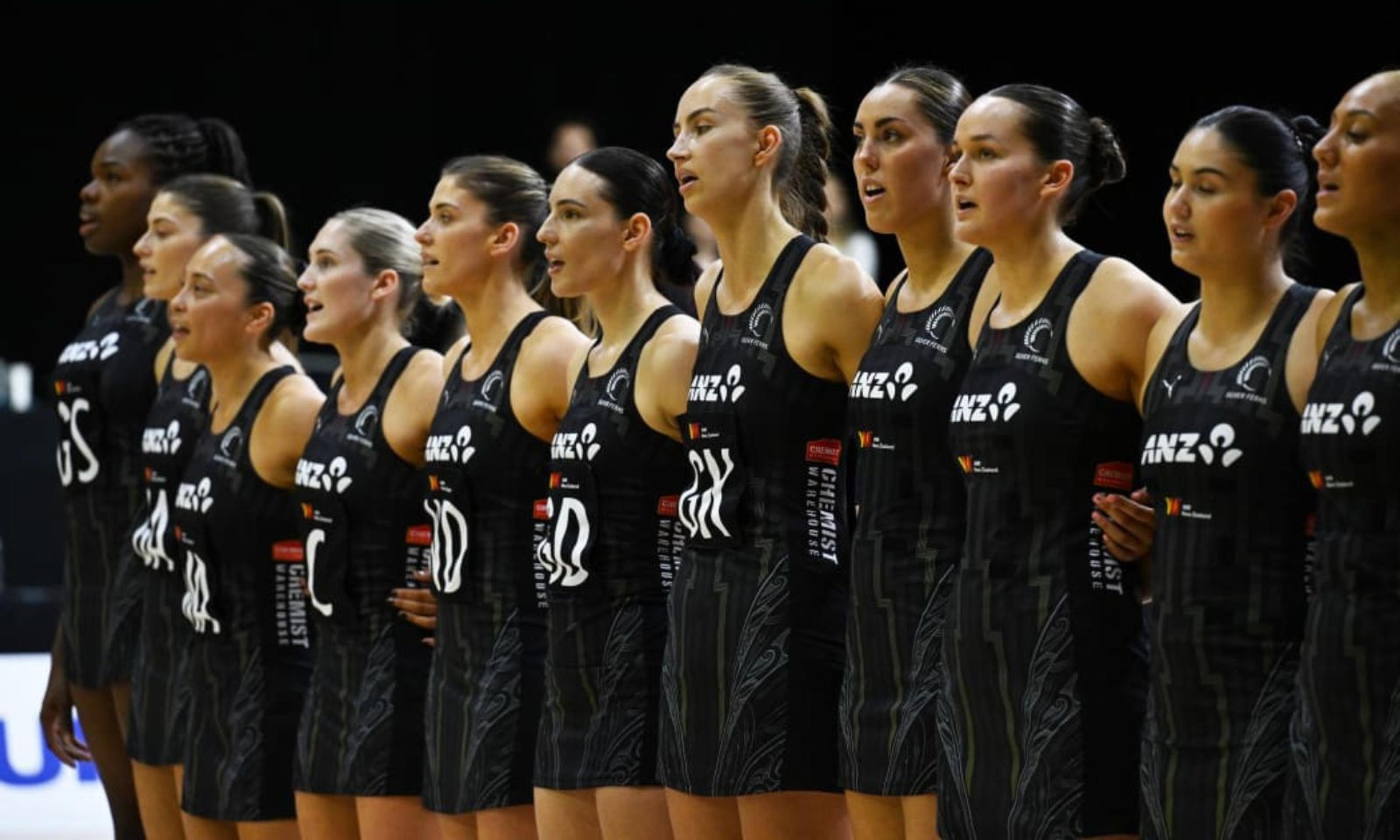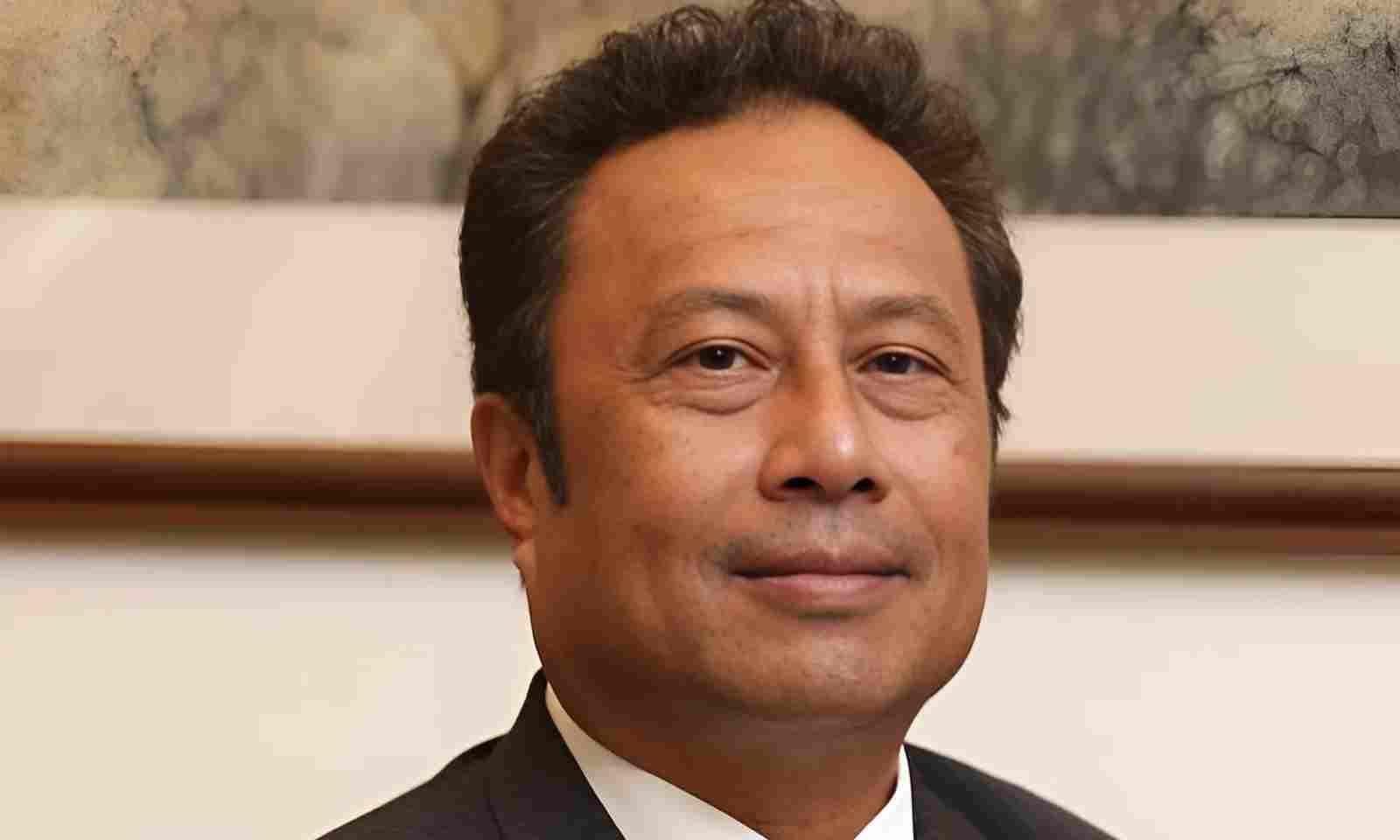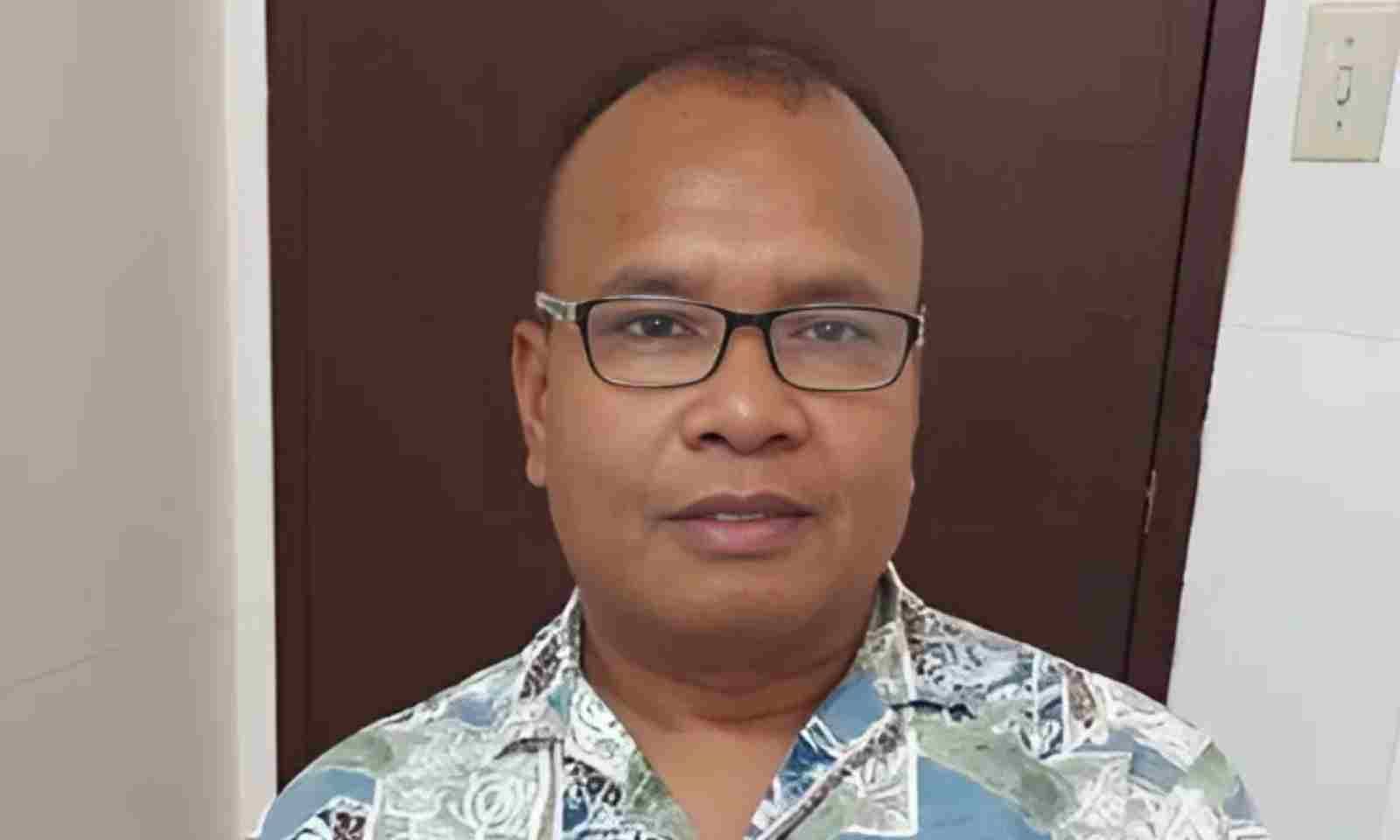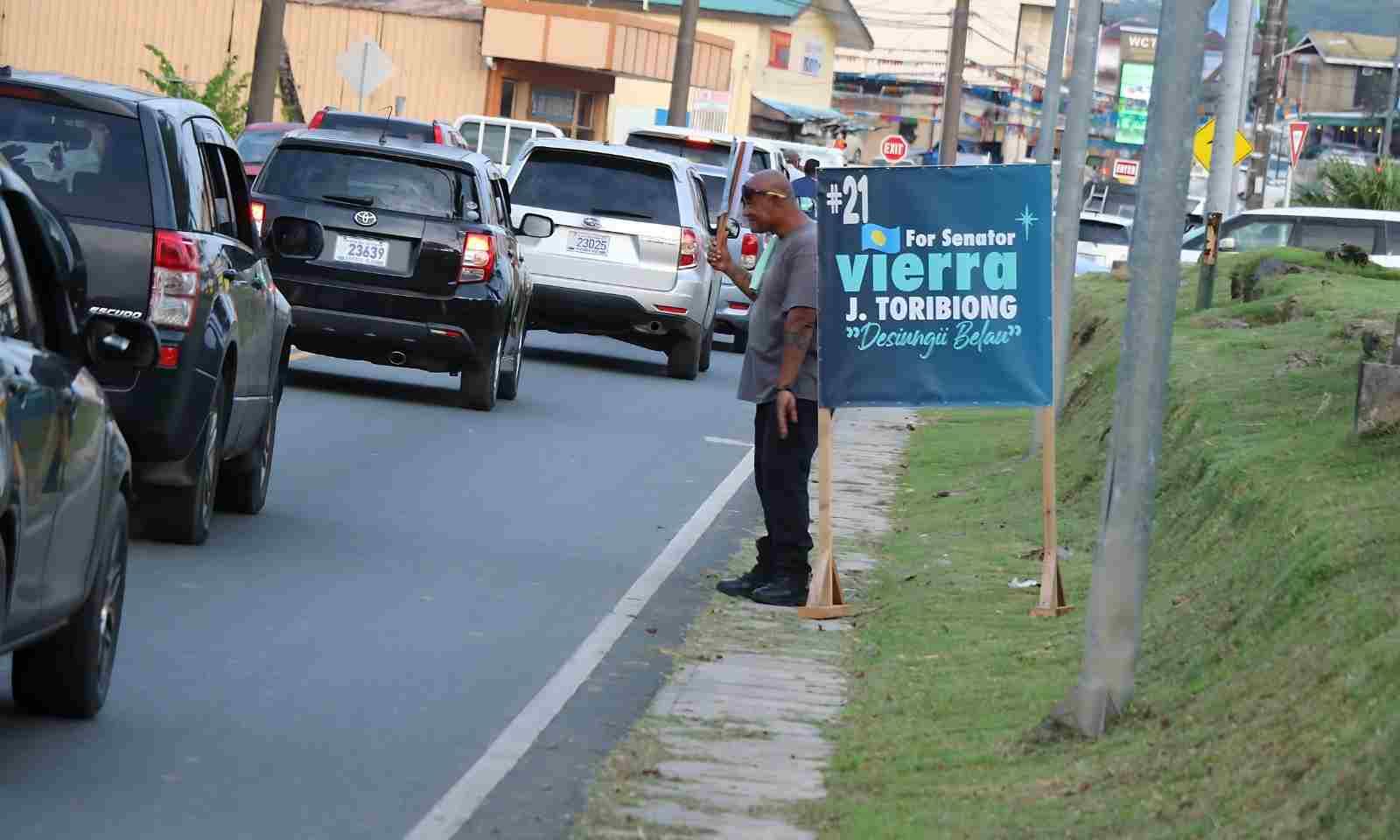

It's highly unlikely incumbent President Surangel Whipps Jr will lose the election in Palau.
Photo/supplied
Palau election: 'We have a winner'
Incumbent President Surangel Whipps Jr is set to return to office, a media expert says.



Fiji’s former Prime Minister and police chief charged with inciting mutiny

Immigration reassesses toddler's declined visa request as Children's Commissioner steps in

US funding cuts threaten to 'dry up' future of Pacific scientists - expert


Fiji’s former Prime Minister and police chief charged with inciting mutiny

Immigration reassesses toddler's declined visa request as Children's Commissioner steps in
Challenger Tommy Esang Remengesau Jr has ended his race in Palau's presidential election.
The former president conceded defeat on Thursday (NZ time) despite counting of all the walk-in and absentee votes still to be completed.

Former president Tommy E Remengesau Jr has reportedly conceded defeat. Photo/supplied
Local media executive Kambes Kesolei says it's highly unlikely that incumbent President Surangel Whipps Jr will lose the election.
He told William Terite on Pacific Mornings results show that Whipps is ahead of Remengesau by more than 1000 votes.
"I think we have a winner and the incumbent president Surangel Whipps Jr is leading by 1200 votes over the challenger and former president, Tommy Esang Remengesau Jr,
"We still have the absentee ballots coming in but already the challenger, the former president of Remengesau, has conceded the race. And yesterday he came out on the radio and then called for unity and support for the next government.

Palau media expert Kambes Kesolei says we can call the election: "Incumbent President Whipps has won." Photo/supplied
"So pretty much the results now, without seeing the results from the absentee ballots coming in, are pretty much set. President Surangel Whipps will retain the presidency," Kesolei said.
Located some 6800 kilometres from New Zealand, Palau has a population of about 17,700 people, according to the government.
Palau is part of the Micronesian group of nations in the Western Pacific, with its political and commercial centres in Koror despite the capital being Ngerulmund.
Kesolei says while many political observers expected a tight race, given the last time both candidates - brothers-in-law - met, the result was close.
"These two candidates faced off for the first time in 2016. Back then, the president was Remengasau and Whipps was the challenger. Remengasau won by a mere 264 votes.
"The conventional wisdom was that it's going to be that close again. But that was not so. When the results came in, it was just a big, wide gap of a difference. So I think that what got the people really surprised by the popularity of the current president."

Supporters show their support for the senate Joann Risong Tarkong. Photo/supplied
The key issues in this election included the weak economy, the cost of living crisis, and China.
Both candidates adopted similar campaign strategies, focusing on personal interactions rather than large public rallies or extensive media coverage.
Whipps brings government officials and technical experts to the villages during his visits, providing updates on the administration's progress while addressing the locals' concerns.
Whipps, a staunch pro-US candidate, wants to reform the economy and strengthen security ties with Washington. He is also seeking to extend American military presence in Palau.
Whipps has said China has "no respect for sovereignty. We see what’s happening around our region, we see what’s happened in the Philippines, China has just moved into those reefs."
Remengesau, on the other hand, is a Palauan chief - well known for his environmental achievements. He has indicated on the campaign trail his willingness to work more closely with China and other partners on climate action. He has also vowed to meet Palau’s economic needs.

A man watches the traffic as he stands beside an election sign for senate candidate Vierra J Toribiong. Photo/supplied
Palau is one of the only 12 countries that still have "diplomatic relations" with Taiwan. Nauru and the Solomon Islands have cut ties with Taipei and resumed diplomatic relations with Beijing.
But Kesolei says the recent tax reform, specifically the value-added tax, known locally as the Palau goods and services tax or PGST, was also a key issue on the campaign trail.
Whipps has defended the tax, welcoming the revenue that it has generated for state programmes, including tax refunds, pay increases for public servants, childcare subsidies, and support for retirees and low-income workers.
Kesolei says Whipps has secured US$890 million (NZ$1.5 billion) in compact funding over the next 20 years - double what was initially available when he took office.
He also announced a new benefit for Palauan students. As of 1 July, they are eligible for in-state tuition at any public college or university in the United States, a privilege recently extended to citizens of the freely associated states by Washington.
By 7pm Friday (NZ time), Whipps was ahead by over 1200 votes.
An official announcement on the winner of this week's presidential election in Palau is expected on 19 November.
Watch Kambes Kesolei's full interview below.